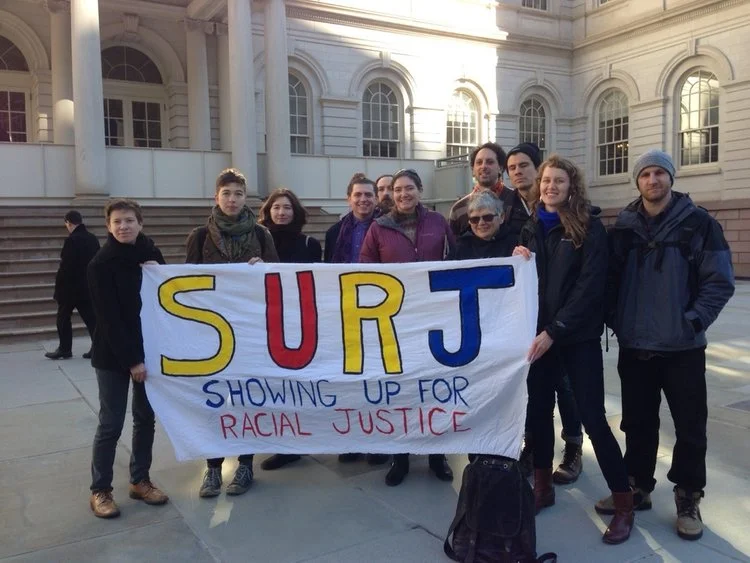It’s Black History Month, and New York City schools recently marked the Black Lives Matter at School Week of Action. Racial justice and equity in education are at the heart of the anti-racist movement, but NYC schools still have a long way to go before they can be said to represent these values.
One way in which the NYC public school system harms children is by testing them early and often, supposedly to group students by merit and ability. The truth is that resource inequity and racial bias in testing ends up contributing to the city’s notoriously segregated schools. On January 27th, the mayor’s Panel for Education Policy (PEP) voted not to renew their contract with Pearson, the company that administered the city’s Gifted and Talented test, hopefully marking the beginnings of change to this system.
2021 is a major election year in NYC. The mayoralty and the majority of City Council seats are up for grabs, and Bill De Blasio will leave office with many education policy decisions hanging in the balance. The next administration will determine the fate of the Gifted and Talented program, diversity planning, culturally responsive curriculum, and middle and high school screens. It will also need to address the many inequities illuminated and exacerbated by the COVID-19 crisis.
The Education Justice Group is exploring ways to take action on these fronts, taking our lead from the incredible work of majority BIPOC-led groups like Teens Take Charge, The Alliance For Quality Education, and Black Lives Matter at School. Meanwhile, interest groups such as PLACE NYC are hard at work maintaining the educational structures that uphold inequity and segregation, allowing white parents to hoard resources and exert an outsized influence on policy. We invite SURJ NYC members to join us as we amplify the voices of BIPOC education activists, fight back against those who wish to suppress justice and progress, and work toward securing an equitable and joyful future for all children.
In solidarity,
SURJ NYC

